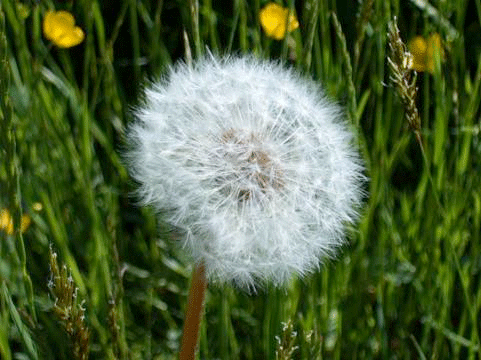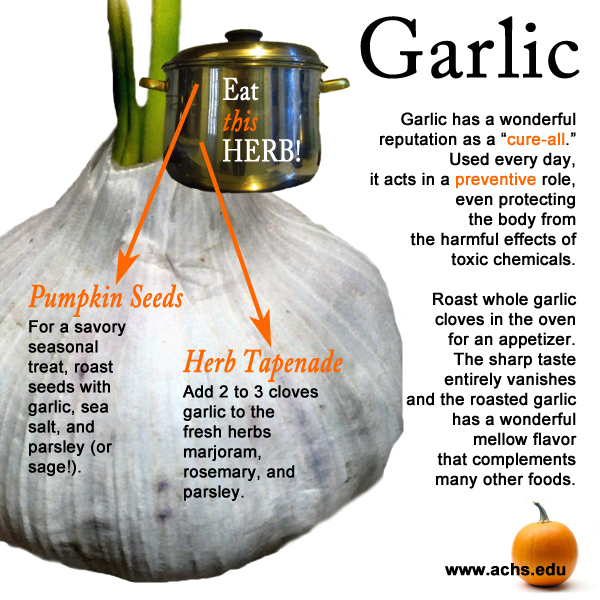By Eleni Delfakis, MS, RD, ACHS Instructor
Think of industrial agriculture as a factory where the main goal is to increase yield and decrease the cost of food production. It’s like a big factory producing a cheap product.

Industrialized farming depends on treating the soil with weed killers and pesticides to prevent growing grass and weeds and to protect plants from insects and rodents. Bagged fertilizer is added to support mediocre plant growth and finally produce a nutritionally inferior food product while destroying the ecosystem in the process.
Years of studies reveal that industrialized agriculture and the use of pesticides pose a risk to humans because the pesticides and other chemicals used to protect the food from pests remains on the food. Although the liver is capable of detoxing the human body, chemicals entering the body on a daily basis decrease the liver’s ability to detoxify properly, especially when one has a health problem such as cancer or alcoholism. An accumulation of toxins causes tissue damage and increases the risk of disease. In addition to adding harmful chemicals to food, pesticides contaminate the ground water, thus polluting the drinking water for more than half the U.S population.
Organic farming practices have the opposite affect by using farming methods that protect and enrich the soil, conserve water and energy, and protect animal life to secure the health of our future and the survival of our planet. Organic biodynamic agriculture is a living self-sustaining system that functions in harmony with the world within which it lives. It is a holistic system responsible for its health and well-being without any outside help.
Luckily for wine drinkers, organic farming practices are making their way to the vineyards as well. There are many organic wineries around the globe, but I recently had the pleasure to visit Northern California and tour several Sonoma and Napa County organic wineries, where I spoke to winery owners and tasted some amazing wines. I was very impressed!
Organic wineries use cover crops to protect the ground from erosion and choke unwanted weeds, and do not use pesticides, herbicides, and other chemicals. Planting cover crops also helps create an environment that promotes the population of good bugs (spiders and ladybugs) to kill bad bugs that like to feed on the grape vines, such as leafhoppers and blue-green sharpshooters. As an added benefit, cover crop enriches the soil with nitrogen and macronutrients as they are plowed into the soil at the end of their life cycle. Solar power provides the winery’s energy needs, water is reused and recycled, and compost is used as the fertilizer. Partnering with birds such as owls, hawks, songbirds, bats, and other wildlife help cultivate the vineyards without the use of harmful chemicals. The birds make their home around the wineries and help feed their young with bugs that would otherwise damage the vines. To attract these birds, wineries erect birdhouses around the vineyards, so during the night the insects are naturally controlled by bats while rodents are controlled by the hawks during the day and the owls at night.
The final product from organic wineries is a complete ecosystem, beautiful vineyards, delicious grapes, and great-tasting wine! Hopefully we’ll see more and more of our favorite wineries going organic.
References
Environmental Protection Agency. (2012). About Pesticides. Retrieved from http://www.epa.gov/pesticides/about/index.htm
Environmental Protection Agency. (2012). Pesticides: Health and Safety. Retrieved from http://www.epa.gov/pesticides/health/human.htm
Note the ideas and opinions expressed within third-party articles within the ACHS Blog have been provided for educational purposes only and do not necessarily express the ideas and/or opinions of the ACHS Blog, the ACHS Blog staff, the American College of Healthcare Sciences, its staff, or faculty.
This information has been provided for educational purposes only. It is not intended to treat, diagnose, cure, or prevent disease. You should always consult with your primary care physician, naturopathic doctor, or holistic nutritionist before making any significant changes to your health or holistic nutrition routine.




